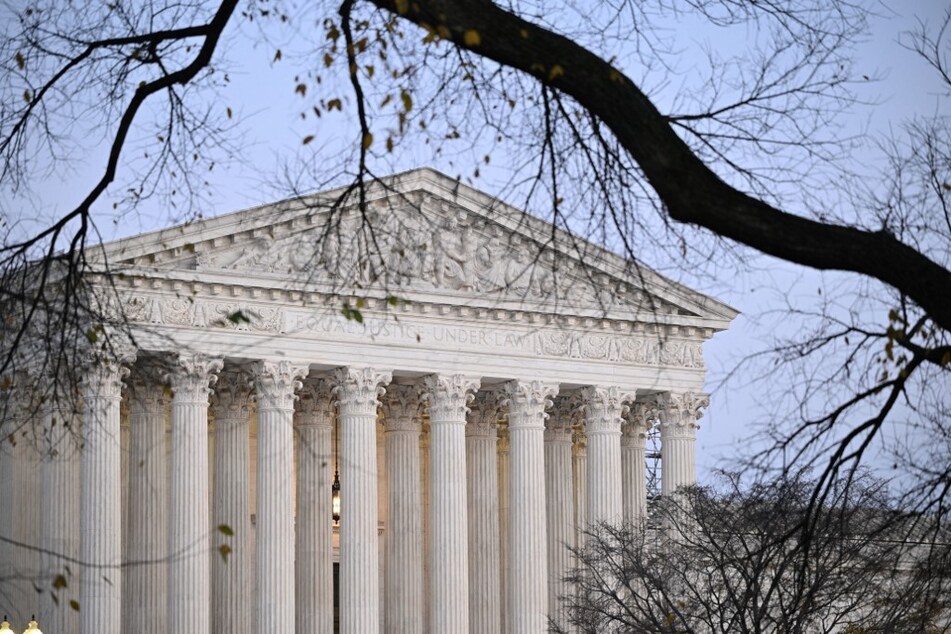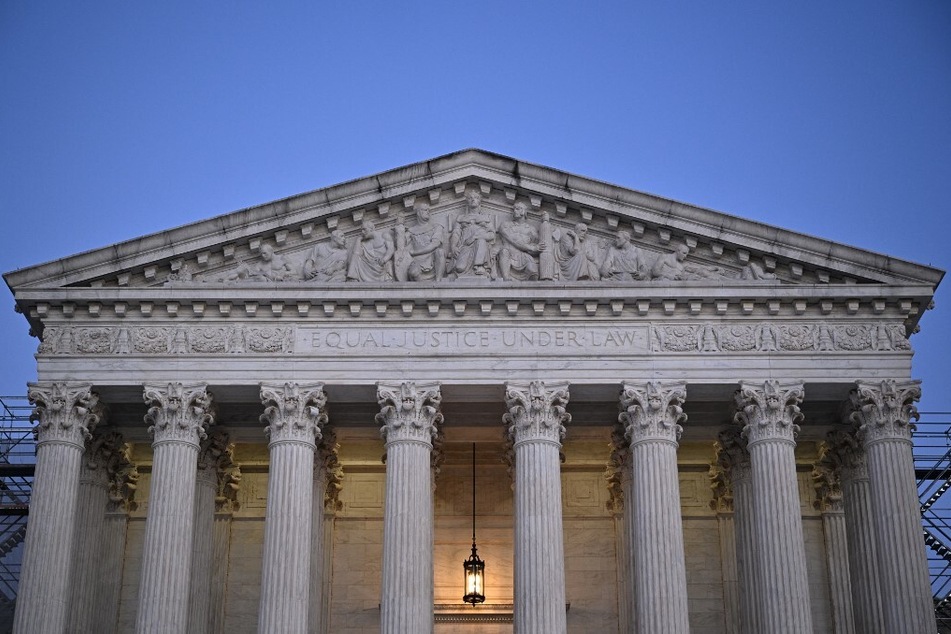Supreme Court questions SEC's regulatory powers
Washington DC - The Supreme Court on Wednesday heard the second of three cases the majority conservative bench will consider this term that could significantly curtail federal regulatory authorities.

Wednesday's case challenges a tribunal system used by the Securities and Exchange Commission (SEC) to rule on fines issued by the agency.
A lower decision by a deeply conservative federal appeals court ruled in favor of plaintiff George Jarkesy, the founder of an investment fund who had been fined $300,000 for securities fraud and ordered to repay $685,000 in "illicit gains."
The discussion at the Court on Wednesday focused on whether Congress's authorization of the SEC to impose sanctions through its own administrative judges violated the right to trial by jury, enshrined in by the Seventh Amendment to the Constitution.
The six conservative judges, including Chief Justice John Roberts, raised numerous objections to calls by the Justice Department lawyer, Brian Fletcher, for the complete annulment of the decision by the appeals court.
"What sense does it make to say the full constitutional protections apply when a private party is suing you, but we're going to discard those core constitutional historic protections when the government comes at you for the same money?" said conservative judge Brett Kavanaugh.
The 1977 ruling invoked by the government is "50 years old. And the extent of impact of government agencies on daily life today is enormously more significant than it was 50 years ago," said Roberts.
"This is not your grandfather's SEC, right?" added Neil Gorsuch, another conservative.
Supreme Court to rule in other cases on federal regulatory authority

Two other major cases on the federal regulatory authority will be decided this term by the court, which has a 6-3 conservative majority.
On October 3, most of the nine justices expressed skepticism over arguments in favor of upholding the same appeals court's decision that ruled funding for the Consumer Financial Protection Bureau (CFPB) to be unconstitutional. The CFPB was created after the financial crisis of 2008.
On their January docket is a case that stems from a requirement that herring fishermen in New England provide space onboard their vessels for observers from the National Marine Fisheries Service (NMFS).
Several fishing companies complained that they are being effectively forced to pay for the federal observers who are monitoring their operations.
A split appellate court ruled that the NMFS program was authorized under a 1984 ruling by the Supreme Court known as the "Chevron Doctrine" that says courts should defer to government agencies' interpretation of ambiguous federal laws.
The Supreme Court will issue its rulings in the cases by the end of June.
Cover photo: MANDEL NGAN / AFP

